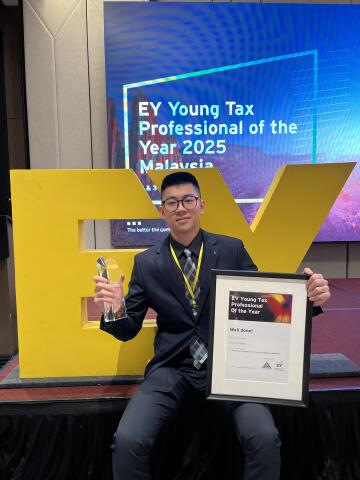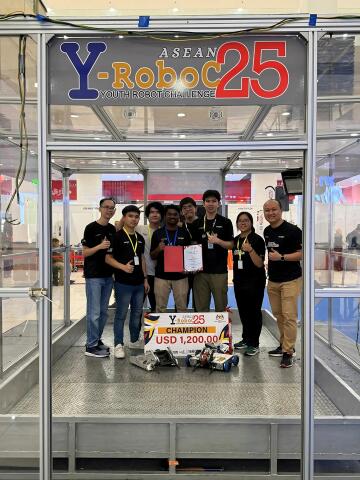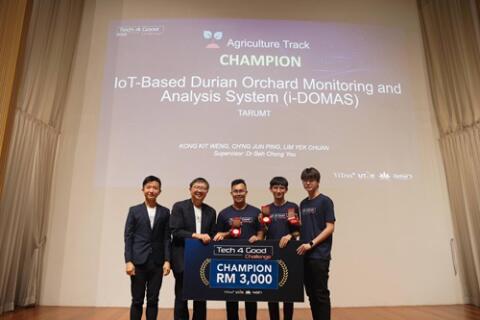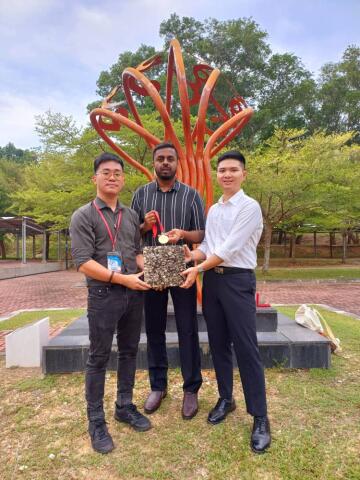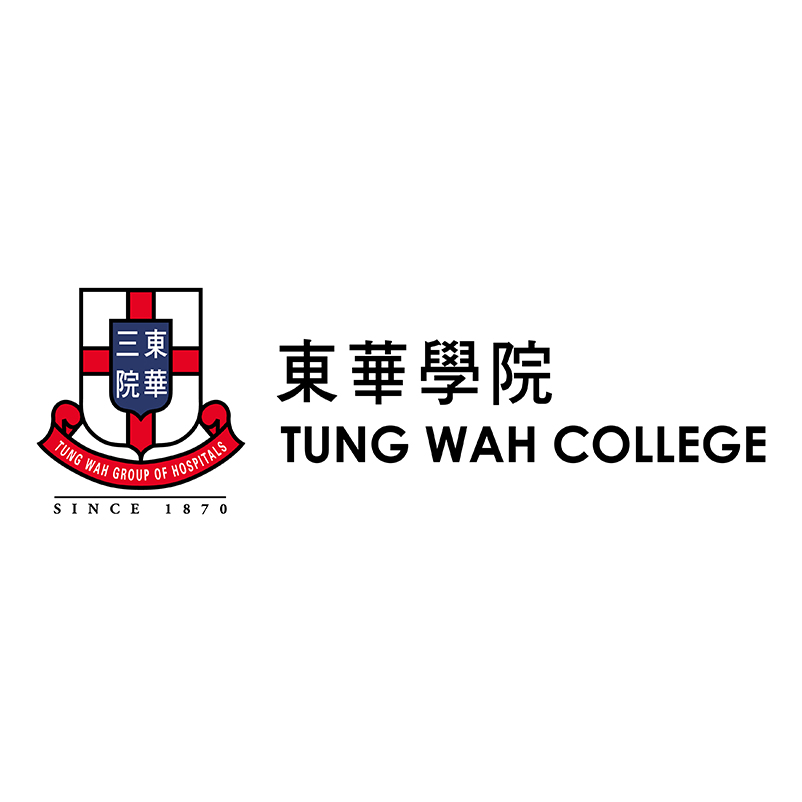UTAR’S NEW ELECTRONIC SYSTEMS PROGRAMME TO GROOM TALENTS

Bachelor of Technology (Honours) in Electronic Systems is a new programme offered by UTAR FEGT
The world is now at the cusp of the Fourth Industrial Revolution (4IR). Unlike the three preceding revolutions, 4IR involves the extensive application of smart technologies, such as cyber physical systems, the Internet of Things (IoTs) and the Internet of Systems, to improve the quality of life in an exponential manner. The electrical and electronics sector has become the key driving force for the realization of 4IR.
In Malaysia, the electrical and electronics sector contributed RM80 billion to Malaysia's Gross Domestic Product (GDP) in 2018 and created 338,087 jobs. There are 157,000 jobs expected to be generated in the electrical and electronics industry by the year 2020. The electronics companies are involved in diverse areas of the industry from semiconductor to industrial electronics. Hence, there is a clarion call to produce skilled manpower in the areas of electronics engineering and technology.
As a university committed to offer undergraduate programmes which encourage the intellectual and personal development of students, as well as respond to professional and community needs, Universiti Tunku Abdul Rahman (UTAR) through its Faculty of Engineering and Green Technology (FEGT) is unveiling a new programme which specialises on the development of craftsmanship in the electronics sector. With the introduction of the new Bachelor of Technology (Honours) in Electronic Systems programme, technologists and specialists with the knowledge and expertise of electronic technology would be produced to fulfill the manpower needs of these industries. The programme is designed in such a way that it will propel the students towards 4IR with the strengths and knowledge in smart manufacturing, IoTs, robotics, artificial intelligence (AI) and so on.
The electrical and electronics industry is targeted under the National Key Economic Areas (NKEA) to gear the nation towards high-income economy by focusing on high-value and high-growth manufacturing activities. There is no doubt that, the electrical and electronics industry is one of the indispensable locomotives of the nation’s economy with many lucrative investment and employment opportunities attracting capital, both locally and globally. The new three-year electronic systems technology programme helps to fill up the gap in order to facilitate the growth of the electronics industry and enhance Malaysia’s competitiveness in electronics system technology in the global arena. The new programme places strong emphasis on hands-on practical skills and active industrial involvement in the training of students. The course syllabi are developed with feedbacks from industries to fulfill the skill demands and manpower needs of electronics industries.
“One nuance of this new technology programme is the dissemination of knowledge in the work-based learning environment,” said FEGT Head of Department of Electronic Engineering, Associate Professor Ir Dr Teh Peh Chiong. He explained that most conventional technology programmes conduct classes in an academic environment. In stark contrast to these conventional programmes, however, this new programme allows some of the courses to be conducted in the working environment. “The students can savour the opportunity to complete part of their curricular courses in genuine workplaces. In other words, the programme offers an avenue for the students to study not only in academic, but in real working environment as well. The students can spend a year to study in established companies, such as Infineon and ViTrox. In comparison with fresh graduates who are inexperienced at workplaces, the students who enrolled in this programme have the advantage of being exposed to actual working environment prior their undergraduate graduation. This allows them to adapt to the working environment easily,” Dr Teh further explained.
In line with UTAR’s vision to be a university of educational excellence with transformative societal impact, this three-year undergraduate programme provides a coherent body of professional knowledge, technical skills and soft skills with the aim to produce competent as well as versatile professionals who can adapt to the diverse roles and responsibilities in a challenging and dynamic work environment. Also, the programme is engaged closely with the industries in curriculum development. Hence, the programme structure and syllabi are up-to-date and remain constantly relevant with changes in the technology and industrial requirements. It is therefore capable of producing graduates which could cater for the need and knowledge required in the realisation of 4IR. “Since myriads of new jobs are expected to be generated in the electrical and electronics industry by the year 2020, students who graduate from this programme have sufficient liberty to seek for their career of interest,” added Dr Teh.
An added bonus to UTAR’s programme is its holistic education approach whereby soft skills-based courses are also integrated into the curriculum in order to improve the students in the areas of communication, complex problem solving, cultural intelligence, leadership, moral ethics, technopreneurship skills, digital literacy and so on. These soft skills are in parallel with the Top 10 skills pinpointed by the World Economic Forum’s “Future of Jobs Report” and essential to survive the giant wave of the oncoming Fourth Industrial Revolution.
The programme’s extensive areas of studies also enable graduates to gain employment in both government and private sectors, particularly in those involved in the electronics sector. Some of these industries include semiconductor manufacturing companies, integrated circuits (ICs) chip manufacturers, automated machine vision inspection system providers, software development companies, embedded systems developers, military and security services, teaching, research, and so on.
Other undergraduate programmes offered by UTAR FEGT include Electronic Engineering, Environmental Engineering, Industrial Engineering, Petrochemical Engineering, Construction Management, and Environmental, Occupational Safety and Health (EOSH). Postgraduate programmes such as Master of Engineering Science, Master of Engineering (Electronic Systems), Master of Environmental Technology, Master of Sustainable Construction Management, and Doctor of Philosophy (Engineering) are also available.
Universiti Tunku Abdul Rahman (UTAR) is reputed as one of the fastest-growing private higher education institutions in the country since its inception in 2002. From only 411 students, the University now has about 24,000 students with campuses located in Kampar, Perak and Bandar Sungai Long, Selangor. UTAR has graduated over 61,600 students since its inaugural convocation in 2005. The University currently offers more than 110 programmes from Foundation Studies to Bachelor’s, Master’s, and PhD degrees in the fields of Accounting, Business, Finance and Economics, Actuarial Science, Mathematics and Process Management, Agriculture and Food Science, Arts, Social Sciences and Education, Chinese Studies, Creative Industries, Digital Animation, Multimedia and Design, Engineering and Built Environment, Information and Communication Technology, Life and Physical Sciences, and Medicine and Health Sciences. UTAR is ranked #501-600 in the Times Higher Education (THE) World University Rankings 2019, ranked #188 in the Quacquarelli Symonds (QS) Asia University Rankings 2019 and awarded Self-Accreditation Status by the Malaysian Qualifications Agency (MQA).
For more information, go to www.utar.edu.my or call 05-468 8888 (Kampar Campus), 03- 9086 0288 (Sungai Long Campus).
UTAR’s Open Day will be held on 14 and 15 September 2019 at its Sungai Long Campus in Bandar Sungai Long and Kampar Campus in Perak. UTAR is also having its extended counselling hours at both campuses daily, 9am – 5pm (except for public holidays).
Advices
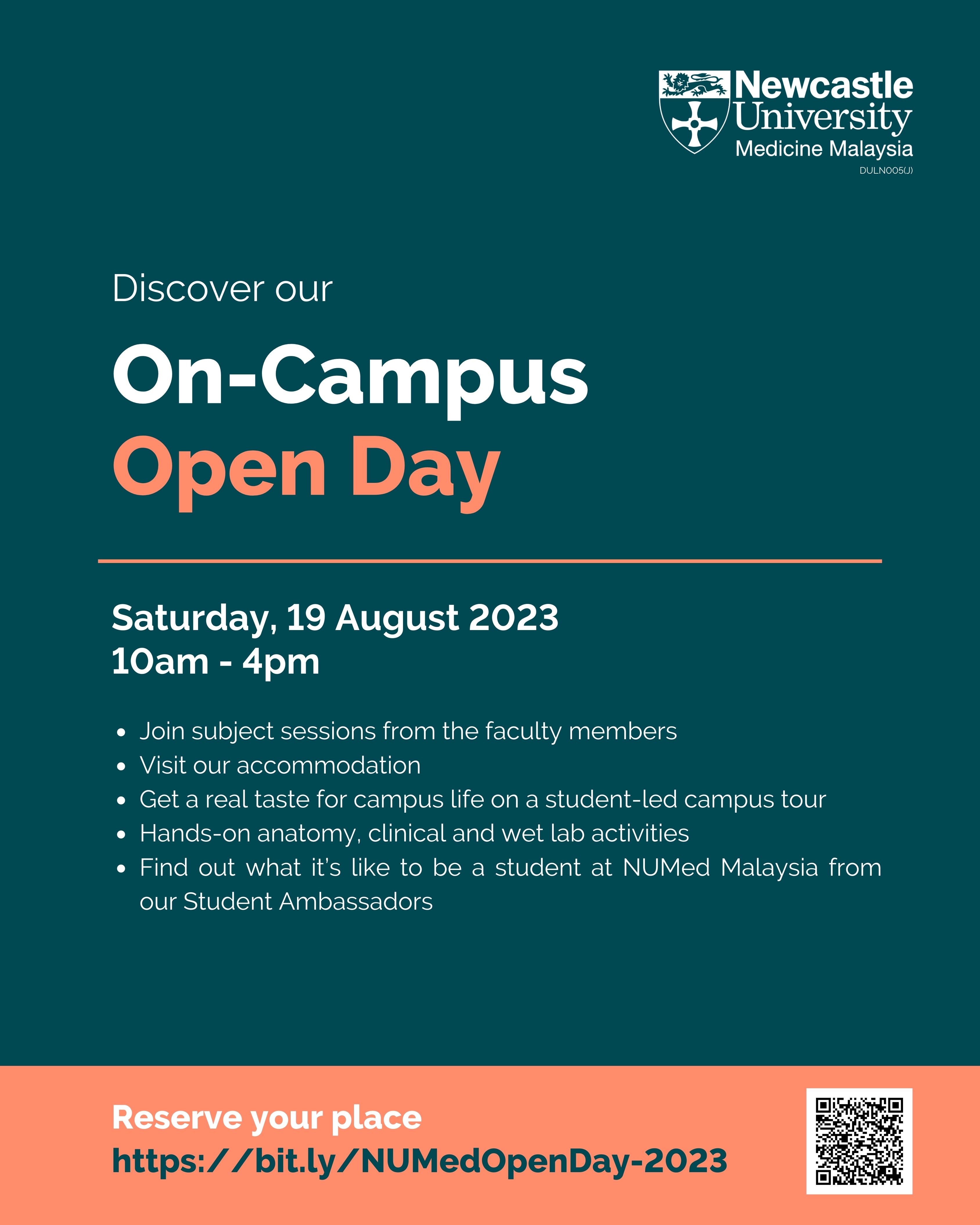




News from Institutions

